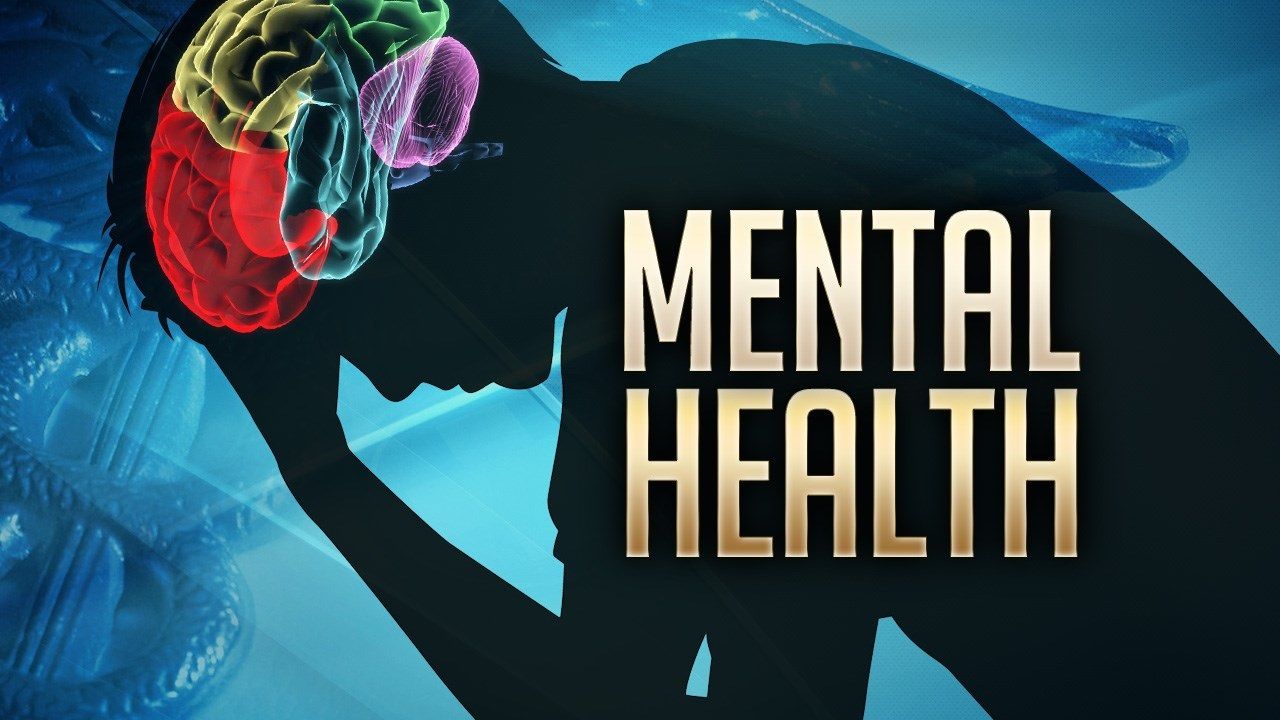Mental Health & Psychology
Mental health refers to an individual’s emotional, psychological, and social well-being. It affects how we think, feel, and act, and influences our ability to handle stress, relate to others, and make decisions. Mental health is just as important as physical health and should be given utmost attention and care. When someone experiences mental health problems, it can significantly impact their quality of life and the lives of those around them.
The Link Between Mental Health and Psychology
Psychology, on the other hand, is the scientific study of the human mind and behavior. It delves into various aspects such as cognition, perception, personality, emotions, and motivation. Psychology plays a vital role in understanding mental health as it helps us explore the underlying reasons behind different mental health conditions and provides effective strategies for diagnosis, treatment, and prevention.
Common Mental Health Disorders
There are various mental health disorders that affect individuals across the globe. Some of the most common ones include:
Anxiety Disorders
Depression
Bipolar Disorder
Schizophrenia
Eating Disorders
Obsessive-Compulsive Disorder (OCD)
Each disorder has its own unique set of characteristics, symptoms, and treatments. It is crucial to seek professional help if you or someone you know is experiencing any mental health issues.
Psychological Therapies
Psychological therapies, also known as talk therapies or counseling, are essential in managing and treating mental health disorders. Some widely used therapies include:
Cognitive-Behavioral Therapy (CBT)
Psychodynamic Therapy
Humanistic Therapy
Group Therapy
Family Therapy
Art Therapy
These therapies aim to provide individuals with coping mechanisms, develop self-awareness, and improve overall well-being. They work in conjunction with medication, if necessary, to ensure a holistic approach to mental health treatment.
Breaking the Stigma Around Mental Health
Despite the growing awareness of mental health, there is still a significant stigma surrounding it. Many individuals fear seeking help due to societal judgment or self-imposed shame. It is crucial to educate ourselves and others about mental health and work towards eliminating the stigma associated with it. By promoting empathy, understanding, and providing a supportive environment, we can encourage those struggling with mental health issues to seek the help they need.
The Impact of Mental Health on Personal and Professional Life
Mental health has a profound impact on both personal and professional aspects of life. When mental health is compromised, relationships may suffer, work productivity may decline, and overall satisfaction with life may decrease. Therefore, it is essential to prioritize mental well-being to enhance overall happiness and success in all areas of life.
Maintaining Good Mental Health
While mental health disorders cannot always be prevented, there are several strategies that can promote good mental health:
Regular exercise and physical activity
Healthy eating and balanced diet
Quality sleep and rest
Maintaining strong social connections
Engaging in hobbies and activities that bring joy
Practicing stress management techniques
Seeking professional help when needed
By incorporating these practices into daily life, individuals can enhance their mental resilience and overall well-being.
Remember, mental health is just as important as physical health. Together, let’s create a world where mental health is prioritized and celebrated.


